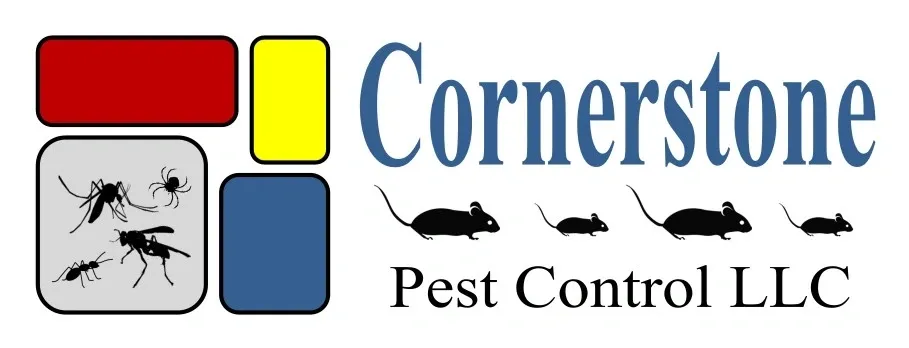Our homes are sanctuaries, offering a refuge from the outside world. However, unwanted pests can quickly disrupt this sense of comfort and security. While effective, traditional pest control methods often rely on harmful chemicals that can cause health risks to humans and pets and contribute to environmental pollution.
Thankfully, there’s a growing movement towards sustainable pest control solutions prioritizing your family’s and the planet’s health. This informative guide explores effective, eco-friendly methods to create a pest-free haven without compromising your well-being or the environment.
Understanding the Root Cause: Prevention is Key
Sustainable pest control starts with a holistic approach. Instead of simply reacting to infestations, the goal is to create an environment less hospitable to pests in the first place. Here are some key strategies:
- Sanitation Practices: Maintain a clean and clutter-free environment. Regularly wipe down surfaces, vacuum carpets, and store food in sealed containers to avoid potential food sources for pests.
- Moistness Control: Address any leaks or moisture issues within your home. Cockroaches and termites adore in damp environments. Ensure proper ventilation in kitchens and bathrooms to prevent condensation buildup.
- Seal it Up: Regularly inspect your home’s foundation, windows, doors, and utility lines for cracks and gaps. Seal these entry points with weather stripping or caulk to prevent pests from entering.
- Natural Repellents: Utilize natural repellents like essential oils (peppermint, lemongrass) or diatomaceous earth (a powder made from fossilized algae) to deter certain pests. While effectiveness can vary, these methods are safer than harsh chemicals.
Beneficial Creatures: Nature’s Pest Control Team
Nature provides its pest control solutions. Introducing beneficial insects like ladybugs, praying mantises, and lacewings can help control populations of aphids, mites, and other harmful insects in your garden. These natural predators contribute to a balanced ecosystem in places like your yard, decreasing the dependency on toxic pesticides.
Plant Power: Repellent Properties in Your Landscaping
Strategic planting can be a powerful tool in sustainable pest control. Certain plants possess natural insect-repelling properties. Consider incorporating rosemary, lavender, and citronella grass around your patio or seating areas. Additionally, planting companion flowers can attract beneficial insects to your yard, further bolstering your natural pest defense system.
Choosing Eco-Friendly Products When Necessary
While prevention is the cornerstone of sustainable pest control, there may be situations where targeted intervention is needed. Here’s what to consider when choosing products:
- Look for EPA-approved products with low toxicity levels.
- Opt for baits and traps that target specific pests.
- Consider using boric acid, a naturally occurring mineral effective against ants and cockroaches.
Cornerstone Pests Control: Your Partner in Sustainable Pest Control
At Cornerstone Pest Control, we understand your desire for a pest-free home that prioritizes your family’s health and the environment. Our experienced technicians are committed to sustainable pest control practices. We only use safe products with low toxicity levels, ensuring the safety of your family and pets.
Don’t compromise your health or the environment! Contact Cornerstone Pest Control today for a free consultation and create a sustainable pest control plan for a healthier home.
Embrace a holistic approach to pest control and enjoy a safe, comfortable, and eco-friendly living environment.
